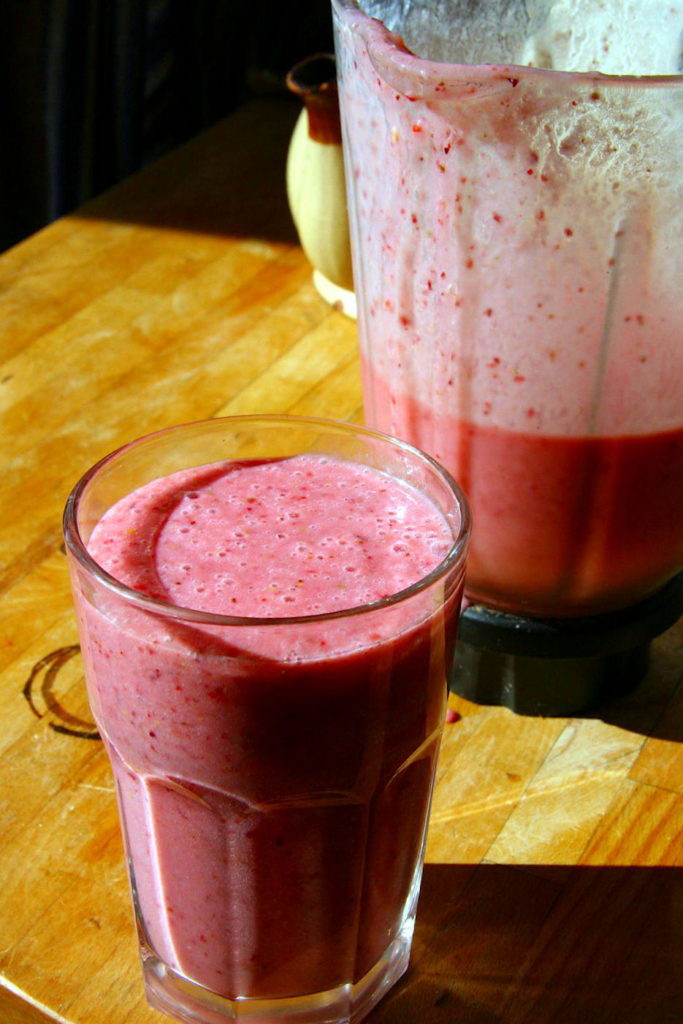
If you drink too much but still feel fine, you might be a functioning alcoholic. Over time, this can affect your health. Here are 10 signs to watch out for.
Chances are, if you are here, you have been drinking heavily for a while now.
You keep telling yourself you are fine since you haven’t lost your home, family or job yet.
However, you have a nagging feeling that it may be too much. Just because you haven’t hit rock bottom does not mean that you won’t.
It is time to ask yourself a few questions:
- Do you drink when you are under pressure, are feeling depressed or after a disagreement with a loved one?
- Do you try to avoid family or close friends while you are drinking?
- Have you blacked out recently?
- Do you engage in binge drinking episodes?
- Have you tried and failed to implement different plans to control your drinking?
If you answered yes to one or more of these questions, you may be a functional alcoholic. Read on for more signs that you may be suffering from this treatable disease.
Defining Alcoholism
Alcoholism is a disease where individuals drink compulsively, regardless of negative effects.
Alcoholics will continue to drink even though they have destroyed their health, relationships, and finances. Medical professionals call this Alcohol Use Disorder.
In 2017, 15.1 million adults ages 18 and older, (6.2 percent) had Alcohol Use Disorder (AUD).
Almost twice as many men have AUD as women, and 623,000 adolescents 12-17 years of age have this disorder.
You do not have to be physically addicted to alcohol in order to be considered an alcoholic. In fact, it is entirely possible to not be physically addicted yet mentally dependant on alcohol, and therefore an alcoholic.
Binge Drinking
Having any more than four drinks in a short period of time is considered a binge drinking episode.
Binge drinking is a very accepted among college students who spend their whole week submerged in assignments and then make up for it on the weekends. For many, the dangerous behavior does not end just because they have graduated.
Regularly consuming a mere 2-3 drinks per day can seriously affect your health in a negative way. Most alcoholics drink way more than that. Many take part in very heavy drinking.
What is the definition of heavy drinking? For women, it is more than three drinks per day, or seven a week. For men, it’s four or more per day or 14 a week.
If you drink more than the daily or weekly limit, you’re at risk of being a functioning alcoholic.
Who Is a Functioning Alcoholic?
When most people think of an alcoholic, they conjure an image of someone who has hit rock bottom. Unable to keep themselves from drinking, the stereotypical alcoholic is consumed by the need to drink all day. He or she can’t keep a job and their personal life is a mess.
While it is true that addiction to alcohol can wreak havoc on every aspect of a person’s life, many are able to keep up a very effective facade.
These people are called functioning alcoholics.
They have not yet shown the results of their high intake of alcohol. They appear to be in control, holding a steady job, maintaining friendships and an overall appearance of normalcy. Though they may not show it outwardly yet, they are headed for serious trouble.
So-called functioning alcoholics are deep in denial.
Unfortunately, many face serious consequences, such as criminal records or loss of relationships, before they admit that their drinking is out of control.
How Do I know If I am a Functioning Alcoholic?
Below are ten signs that you may be a functioning alcoholic:
1. You have been drinking alone often
You find yourself drinking most nights of the week, even if there isn’t an occasion. You regularly drink alone at home, or at a favorite bar, and company isn’t a requirement. You are unsure how to spend your free time if you are not drinking.
2. It is starting to affect your job performance
You are often late or hungover when arriving at work. Your mind feels slow when you first get up and it takes a few hours in the morning to get moving while the alcohol wears off.
You are having difficulty keeping up with your normal workload. Your co-workers and boss are starting to notice that your performance is not what it used to be and you feel like you are headed for trouble.
3. Your behavior changes when you drink
This can go either way. If you are one way while sober and another while drunk, it is clear that alcohol is affecting your behavior. Many people who abuse alcohol feel like they cannot truly have fun unless they have a few drinks.
If you feel the need to drink in order to loosen up and have fun, you may have a problem. On the other hand, some find that they have an ever-shortening temper when they drink.
If you are normally mild-mannered while sober and quick to anger while drunk, you may be an alcoholic.
4. You are finding it very hard to limit your drinking
You are always up for a drink. No matter the occasion, you are ready to party. You are the first to suggest cocktails after work or a weekend night out. You have begun to realize that your drinking may be on the heavy end, but you are having a hard time limiting it.
You keep telling yourself that you will only drink so many nights a week, or have a set number of drinks, but you almost always fail to keep these self-imposed limits.
If you answer yes to this question, be assured, there will be a life for you after you get a handle on what very well may be functioning alcoholism.
5. Your eating habits are suffering
You find that you are just not that hungry around mealtimes and would rather have a drink.
Food gets in the way of your buzz and you wait until the end of the night to eat since it makes you go to sleep. In the morning, you are often too hungover to eat anything and may even have a drink for breakfast in order to keep yourself from getting sicker.
6. You blackout often while drinking
You often blackout while drinking heavily.
Friends will recount stories from your nights of drinking and you find you cannot remember the events they describe.
You are cannot remember driving home or going to bed after many nights of drinking. As your blackouts become more consistent, you often feel guilt or shame about things you did while drunk.
7. Your friends and family are worried.
As you begin to drink more often, friends and family are usually the first to notice the changes in your physical appearance and personality.
A close friend or family member may have approached you recently to express their concern over the amount you are drinking. A functional alcoholic will almost always become defensive when this happens. If you find yourself in this situation, you may have a problem.
8. You have been using alcohol to self-medicate
Maybe you started drinking to ease yourself through a break-up or a death in the family. While alcohol helps to mask the pain temporarily, it will still be there when you sober up.
While drinking seems like a good plan, alcohol is a depressant and long-term use leads to a propensity for depression and other mental illness. You may be drinking to relieve one problem, but you are creating many more in the long-term.
9. You have legal problems because of your drinking
Many people find themselves tied up with the law due to their drinking. Alcohol abuse leads people to do things they normally wouldn’t.
You may have found yourself in a bar fight recently and ended up with an assault charge. More likely, you have been driving your car often after drinking, and now have a DUI.
Driving while drunk is a very dangerous activity to yourself and others. Getting a DUI is a major warning sign that you may be a functioning alcoholic.
10. You crave alcohol
You find yourself unable to concentrate on daily tasks when you are not drinking. Your mood or concentration is affected by your desire to drink at inappropriate times.
You craving for alcohol may also be getting in the way of your normal eating patterns. Strong craving for alcohol is a warning sign that you are headed for alcoholism.
I Could be a Functional Alcoholic, Now What?
Alcoholism is treatable.
There are many options available to those who are struggling with addiction. You have taken the first step by realizing that you have a problem. Next, you must quit drinking and move into a sober lifestyle.
This is one problem you do not want to tackle alone. Reach out to sober friends. Get on the internet and find rehab centers near you. Do whatever it takes to get and stay healthy.
Let us know how you plan to beat your functional alcoholism by commenting below.


